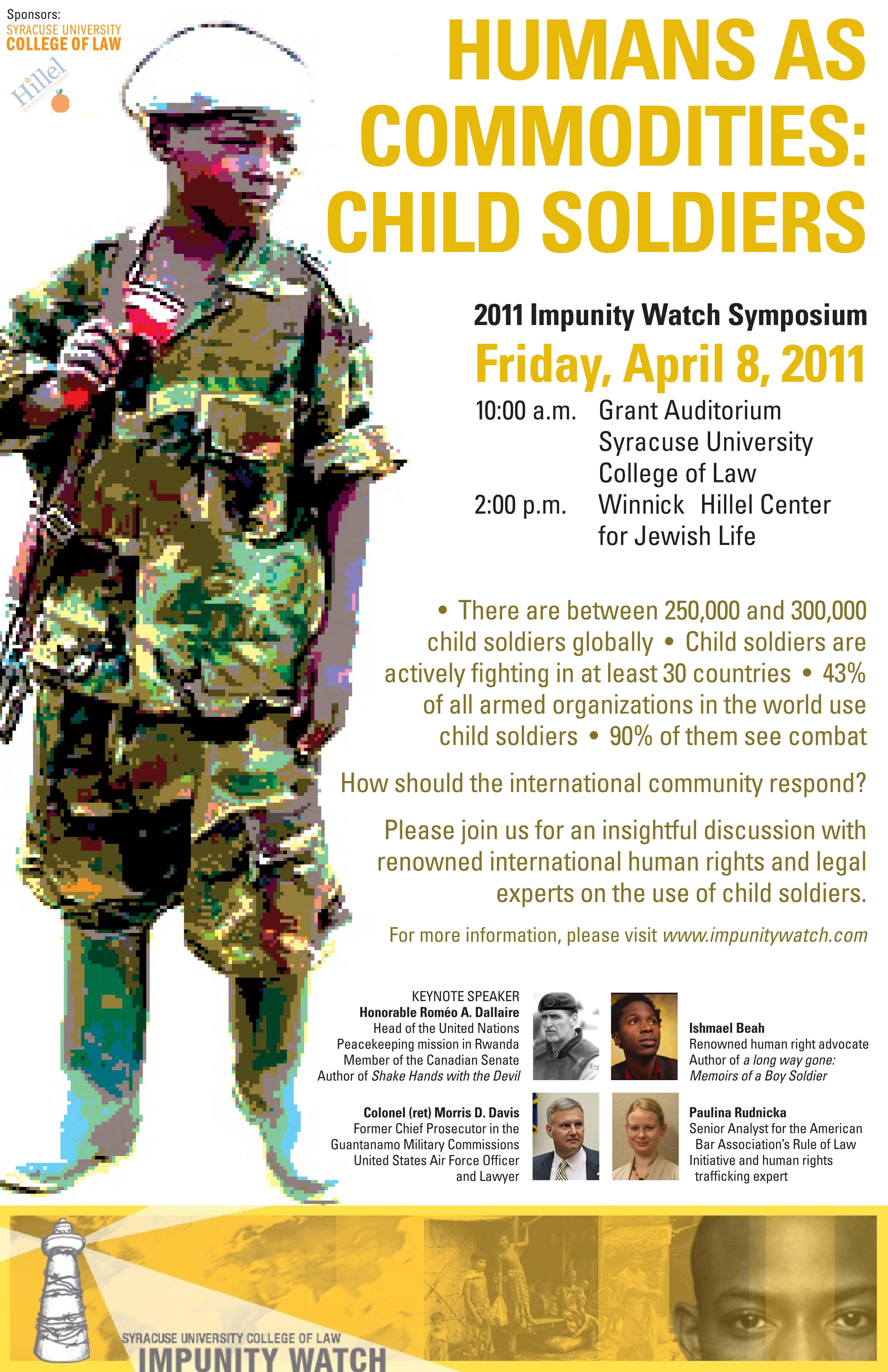By Daniel M. Austin
Impunity Watch Reporter, Europe

OMAGH, Northern Ireland -On Saturday, April 2, Constable Ronan Kerr, 25, was killed when a bomb that had been placed under his vehicle exploded. Kerr, a Catholic officer, had completed his police training only three weeks before the attack. Three individuals have been detained and authorities believe a weapons cache recently discovered is related to the bombing. Although no group has claimed responsibility for the attack, it is widely believed the bombing was carried out by radical elements of the Irish Republican Army (IRA) seeking to disrupt the Catholic-Protestant peace process.
During the afternoon of April 2, an explosive device detonated in the Highfield Close area of Omagh. The bomb, attached to Mr. Kerr’s car, exploded as he was backing out of his driveway heading into work. Neighbors heard the explosion and tried rescue Mr. Kerr but were unable to save him. Police believe the bomb had been planted the night before.
On Wednesday, April 7, Scottish police arrested a 26 year-old suspect after a weapons cache was uncovered in Coalisland, Northern Ireland. The PSNI claim the weapons were found in a stolen vehicle and included: four rifles, ammunition, timer power units, detonators, incendiary bombs, components for rocket launchers and other explosive devices, and a quantity of explosives, possibly Semtex. The suspect is believed to have been working in Scotland when he was arrested but authorities have not given any details on the link between the weapons found and the suspect who was detained.
More recently two other suspects, a 33 year-old and a 40 year-old, both from Omagh have been detained by police. The 40 year-old was picked up on Thursday, and the 33 year-old suspect was taken into custody on early Friday. Police plan on questioning them for the next five days. The names of all three suspects have not been released to the public.
Mr. Kerr is the second member of the of the Police Service of Northern Ireland (PSNI) to be killed since PSNI was created from the Royal Ulster Constabulary in 2001 as part of the peace process between Catholics and Protestants. The other murder occurred in 2009.
Sectarian tensions are especially pronounced in the formerly Protestant-dominated PSNI due to an influx of Catholic officers. Since 2001, the percentage of Catholic officers has increased from 9 to 30 percent. This has led radical elements of the IRA to target these officers because their participation in the police force shows complicity with both Protestants and the United Kingdom, both sworn enemies of this group.
In 2005, most members of the IRA laid down their arms and denounced violence but a small fraction continue to fight. Since 2005 dozens of bombs have been set under police officers’ cars but few have detonated with such tragic consequences. Strikingly, most of the bombs planted did not detonate, while those that have exploded mostly wounded but did not kill their intended target.
Both the location and target of this attack are symbolic. In August 1998, Omagh was the site of the worst bombing in Northern Ireland. That attack killed 29 people and left hundreds injured when a car bomb exploded in a shopping district. The 1998 attack was carried out by a group called the Real Irish Republican Army (RIRA), an off shoot of the IRA.
The August 1998 attack was the deadliest incident of the Troubles, the name given to the three decades of violence between Protestants and Catholics. During the three decades, more than 3,500 people were killed. One of the major points of contention was Catholics wanted Northern Ireland to become part of the Republic of Ireland while Protestants wanted Northern Ireland to remain part of the United Kingdom. The sectarian violence was halted by an April 1998 peace agreement.
For more information, please see:
AFP — Third arrest in N.Ireland police murder probe– 07 April 2011
AFP — N. Ireland policeman killed in car bomb attack – 02 April 2011
BBC —Policeman killed in Omagh car bomb attack – 02 April 2011
CBC News — Car bomb kills N. Ireland policeman –02 April 2011
SKY NEWS — Second Arrest In Omagh PC Murder Probe – 07 April 2011
The Daily Mail —‘He had only just joined’: Catholic police recruit, 25, killed after being targeted by booby trap car bombers at his home in Omagh – 02 April 2011
Time —Tragic But Not Troubled: The Murder of a Northern Irish Policeman—02 April 2011

